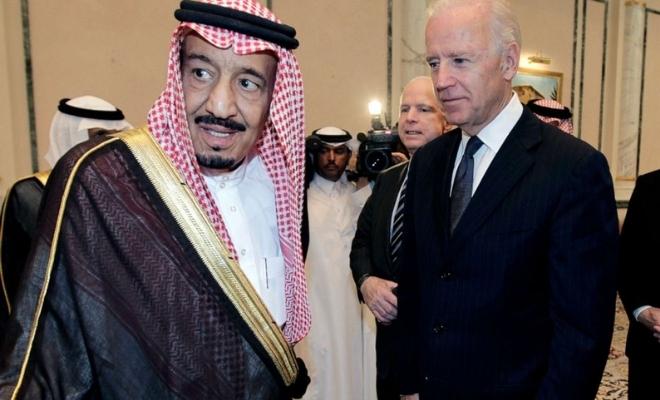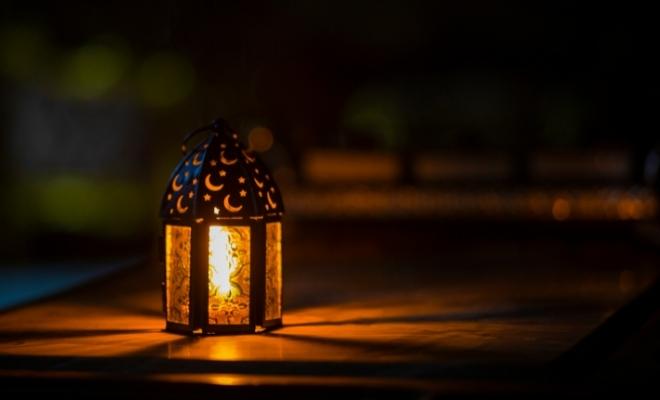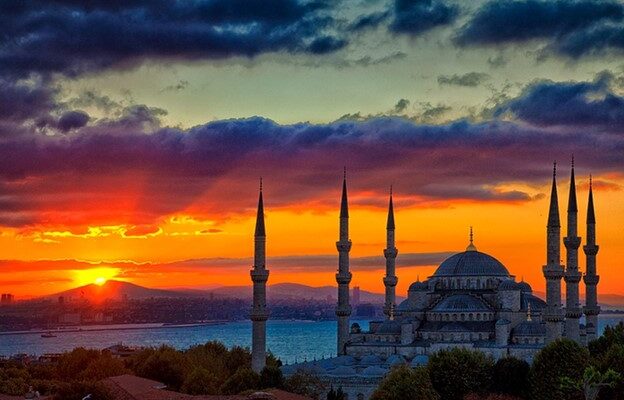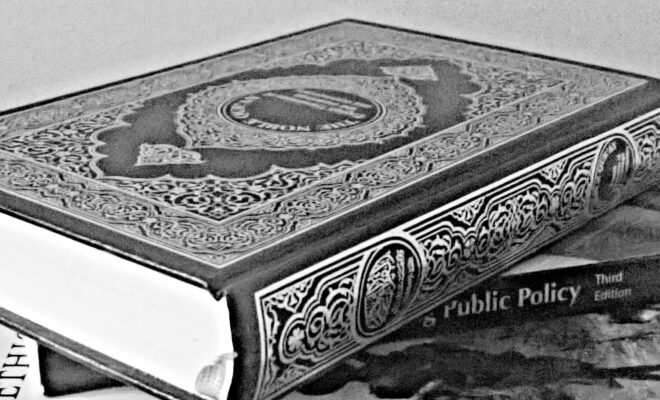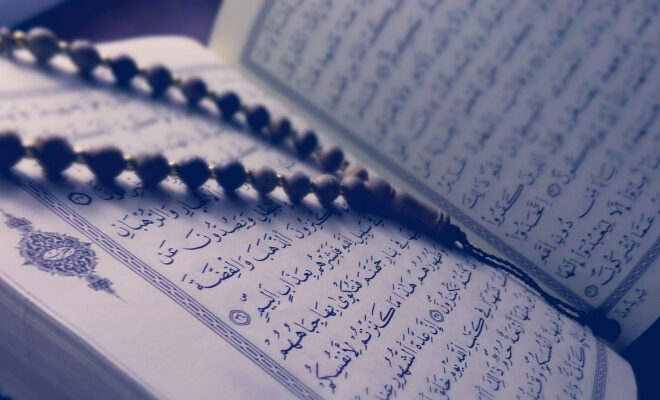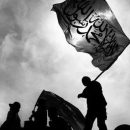Nation States: The Origin of the Muslim Refugee Crisis
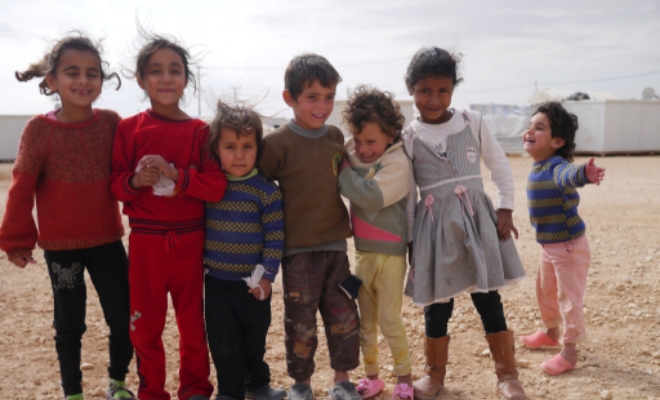
At the height of the Syrian uprising, years after the Arab Spring was already beginning to falter, there was a lot of media attention paid to the global refugee crisis. Millions of people from the Middle East and North Africa were leaving their lands to either migrate to Europe, or more commonly to stay in a neighboring country. We all remember the picture of Aylan Kurdi’s lifeless body, washed up on a Turkish shore.
While the media cycle has largely moved on, the difficulties faced by these refugees have not. The military dictatorship of Burma has recently sentenced 100 Rohingya refugees for merely trying to leave the country. In Greece, 24 activists have been arrested and are facing trial for providing support and rescue to migrants whose boat may have capsized in the Mediterranean Sea.
Given that so much of the refugee crisis originates from Muslim lands, how should we understand the scope of this problem, and what can be done to address it.
A Muslim Problem?
According to the UNHCR, over 70% of the world’s refugees came from only 5 countries, 2 of these are Muslim. Muslim lands also host the most refugees as well, Turkiye being the country with the most refugees, closely followed by Pakistan. From Palestine to North Africa, from Afghanistan to Burma, the refugee crisis, both in the popular imagination and in reality, is deeply associated with our Ummah.
Millions of Muslims reside in environments that either harbor hostility towards them, or simply tolerate their existence. As a result, their daily struggle is one of survival, as they barely manage to fulfill their basic needs. Many times a year, there are horror stories of overloaded boats run by dishonest traffickers that sink in the Mediterranean, drowning many. Just this past autumn, more than 70 people, including many children, drowned off the Turkish coast on a boat that set sail from Lebanon. Later that year, 2 separate boats sank near the coast of Greece, killing 22 people.
This is not even counting all the people who are internally displaced in their own country, like flood victims in Pakistan, or the people of Yemen who have been displaced due to Saudi aggression.
The suffering of people in general, but of these Muslims in particular, should be a deep concern for the entire Ummah. As our beloved Messenger tells us (saw):
“The parable of the believers in their affection, mercy, and compassion for each other is that of a body. When any limb aches, the whole body reacts with sleeplessness and fever.” [Bukhari and Muslim]
While prayers for the Ummah are abundant on our minbars, and while Muslim are very generous with their time and funds to help those who are in need, we have to take a more serious look at what is causing this widespread carnage, and what steps we can take to address it. No dua is sincere if not coupled with action, and no action is serious if it is not the result of a deep study of the problem it is supposed to be addressing.
The Origin of Our Unstable Nation States
To understand the current situation, it is vital to take a quick look at the history of the Muslim lands. From the time of RasulAllah (saw) to the fall of the Ottoman Caliphate in 1924, Muslims have generally lived in unity, apart from some rival dynasties. From the time of the Rightly Guided Khulafa, to the Ummayads, Abbasids or Ottomans, Muslims have been able to travel, live and work across 3 continents. Under the rule of Islam, the natural resources and wealth of the Muslim lands was utilized to meet the needs of the people, and the Khalifah’s army was responsible for defending the lives and property of the people from foreign aggression. This natural state of the Ummah, one of peace and security, was brutally disrupted through the collapse of the Ottoman Khilafah in 1924.
In the absence of a state that would protect and convey the Islamic way of life, the Muslims became open prey to the colonialist Capitalist nations. They drew borders over our lands, splitting them into small unstable states. They worked to eradicate any legitimate leadership and empowered the worst amongst us to rule over us. Our current rulers would rather enrich themselves and build mansions in the West instead of taking care of our socio-economic needs. They would rather imprison, torture, and even kill those who hold them accountable for failing to defend the Ummah against the colonial foreign powers.
It is the existence of these nation states led by puppet rulers that creates the Muslim refugee crisis. The economies of the Muslims lands are not able to meet the basic needs of many, due to economic enslavement to the interest (riba) based institutions of global Capitalism. Adding insult to injury, our rulers allow and facilitate the bombing and occupation of Muslim lands by the Western colonial powers. What is worse, when the Muslims are oppressed or occupied in a land, they are not aided by other Muslim powers as the borders drawn by men are more sacred to them than the bond that Allah (swt) has tied upon us to hold us together as an Ummah:
“…And if they seek help of you for the religion, then you must help…” [TMQ 8:72]
These borders have thus become another excuse for inaction and indifference for the rulers of the Muslim lands.
It is impossible to work towards a lasting solution towards the refugee crisis without understanding this crucial context. It is the failing economies, forced aggression, and lack of opportunity in the Muslim lands that cause Muslim families to abandon their birthplace in the hopes of a better life.
What Can be Done?
Ultimately, we have to recognize that the refugee crisis is not a natural part of the Ummah’s condition. Nor is it the result of natural disasters. It is not even the result of foreign aggression. Rather, the root cause of the refugee crisis is our acceptance of the current state of affairs. We have been trained to believe that in order for the Muslim lands to be a part of the modern world, we have to accept the validity of the nation state, the legitimacy of the Capitalist interest based economic system, and the supremacy of Western liberalism and democracy.
Rejecting this corrupt world order, if initially only in our hearts and minds, is the beginning of a solution. Instead of validating the concepts of liberal democracy and a nation state, we should be working towards unifying the Muslim lands under the rule of Islam. The Ummah united has abundant natural resources, trained and equipped armies, a large work force, and most importantly, the guidance and support of Allah (swt).
If the Muslims were united under Islam, a state like India whose economy relies on remittances from Indians working in the Gulf countries, as well as trade with these countries, would think twice before plotting to oppress the Muslims of India. The Rohingya Muslims would be welcomed with open arms in the land of Bangladesh, instead of being systemically confined to camps without their basic needs being provided for. A “state” like Israel would not be able to rely on Turkey for its energy and construction needs, or on Egypt and Jordan to help contain the Palestinian population. A country like China, which is encircled by Muslim countries that it desperately wants to deepen ties with as part of its bid to become a regional power, would not be able to get away with creating concentration camps for Uyghur Muslims.
We do not need to look towards anyone but our own lands, our own societies, in order to initiate the Islamic revival of our Ummah.
“Surely, Allah does not change the condition of a people unless they change themselves.” [TMQ 13:11]
A Way Forward
Once we have understood that the main obstacle to our solidarity and compassion with the Ummah is the nation-states that are imposed upon us, and that it is our own rulers that are doing the imposing, the way forward becomes clearer. It is then essential for us to organize collectively to change the political authority of the Muslim lands from hollow nationalism to the Islamic Khalifah state.
Many Muslims in Canada wonder: how can we aid in this effort given that we are so far away from the Muslim lands? Our location does not matter. It, in no way, impacts our obligation to call and work for genuine Islamic change in the Muslim world. All of us need to assess what time, skills, resources, and other assets we have to dedicate to this effort, as ideas are not subject to borders. The corrupt ideas of nationalism and liberalism travelled to the Ummah from London and Paris. Consequently, the ideas of Islam can travel from Toronto and the West back to the Muslim lands. We should feel connected to the issues of the Muslim world and should take the time to learn what they are, and how they can be solved through the guidance Allah (swt) has revealed to us. Distance did not stop the colonizers from transmitting their plots to our lands. So, how can we let it stop us?
Also, in the absence of a state dedicated to preserving Islam, can we really imagine that our deen, or the deen of our beloved children will ever truly be safe. Our religious beliefs, practices and institutions are at the mercy of a political and economic elite who can dismantle them on a whim. Observing the passage of anti-hijab laws across Europe and in Quebec should be a stark reminder of this reality. If there is no political entity dedicated to Islam, we are all refugees in one way or another.
Ultimately, we will be held accountable on the Day of Judgment for what we did when we noticed the Ummah in such disarray. It may not suffice to say that the foreign powers were aggressive, or that we were living far way. Rather, would it not be better to say that we did our best to make the word and system of Allah (swt) supreme over the lands of the Muslims? Do we not want to have some proof for ourselves when we meet Allah (swt) that we did something to unite this Blessed Ummah?
And what other political goal could we possibly commit to than the revival of an Islamic Khilafah state that would unify our lands, protect, and convey our deen, and be a beacon of hope for Muslims and seekers of truth all over the world? May Allah (swt) aid us in expending our time, skills, resources, and other assets in this blessed struggle. May Allah (swt) grant us the victory. Ameen.
“And hold firmly to the rope of Allah all together and do not become divided. And remember the favor of Allah upon you – when you were enemies and He brought your hearts together and you became, by His favor, brothers. And you were on the edge of a pit of the Fire, and He saved you from it. Thus does Allah make clear to you His verses that you may be guided.” [TMQ 3:103]


